‘Failing to stand up to Russia will embolden aggressors, authoritarians and autocrats’
Your digest of analysis from the British and international press
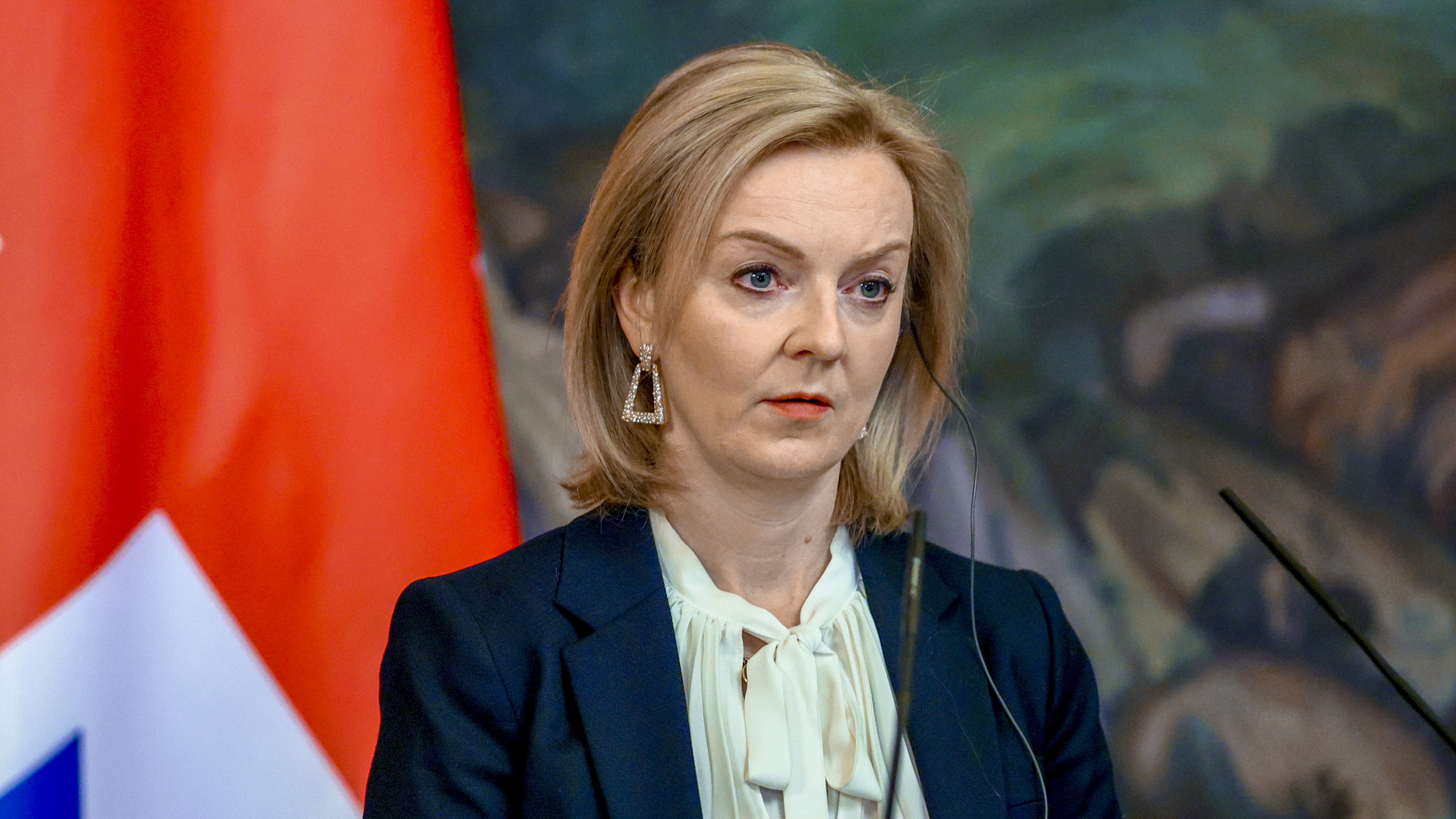
- 1. Russia must pull back, or there will be trouble in the pipeline
- 2. The Prince Andrew affair has shown us how fragile the monarchy really is
- 3. The time for ‘gradual’ moves on inflation is over
- 4. Home Secretary Priti Patel is making one final push to criminalise protest, with grimly ironic timing
- 5. Damning all drugs is mind-bendingly dopey
A free daily email with the biggest news stories of the day – and the best features from TheWeek.com
You are now subscribed
Your newsletter sign-up was successful
1. Russia must pull back, or there will be trouble in the pipeline
Liz Truss in The Telegraph
on standing up to the Kremlin
Russian aggression has “loomed for too long” in eastern Europe, says Liz Truss. Writing in The Telegraph, the foreign secretary points out that Moscow has “invaded two sovereign states” and waged a “vigorous campaign to destabilise other democratic neighbours”. Those in and around the Kremlin “must be in no doubt that the free world will not look the other way while they mass more than 100,000 battle-ready troops along Ukraine’s borders”. Moscow “only respects strength”, and the UK government must “maintain a strong response alongside our Nato allies, including the United States”. The military alliance must not be “lulled into a false sense of security by Russia claiming that some troops are returning to their barracks, while in fact the Russian military build-up shows no signs of slowing. There is currently no evidence the Russians are withdrawing from border regions near Ukraine,” she warns. “We must stand up to and defuse Russian aggression now”, because “if we do not, it will embolden not only the Kremlin but aggressors, authoritarians and autocrats across the globe”.
The Week
Escape your echo chamber. Get the facts behind the news, plus analysis from multiple perspectives.

Sign up for The Week's Free Newsletters
From our morning news briefing to a weekly Good News Newsletter, get the best of The Week delivered directly to your inbox.
From our morning news briefing to a weekly Good News Newsletter, get the best of The Week delivered directly to your inbox.
2. The Prince Andrew affair has shown us how fragile the monarchy really is
Martin Kettle in The Guardian
on exposed vulnerability
The “sleazy content of the allegations” against Prince Andrew and his “boneheaded response to them” have not merely discredited him personally, they have also “shaken the monarchy itself”, says Martin Kettle in The Guardian. The columnist says the Prince Andrew scandal “is a reminder that the institutions of the British state – which very much includes the monarchy itself – may be rather less enduring and secure than they often seem, and a bit more fragile and vulnerable than most of us sometimes think”. He predicts that, after the Queen’s death, newspapers “that have always had it in for Charles will commission polls asking if the public would prefer William to succeed” and “the public will say yes”. The monarchy will then find itself “sliding into becoming the object of controversy from which Elizabeth has, by and large, insulated it. Its vulnerability will be exposed and tested, not least among younger people,” he adds. “The future unity of the new monarch’s kingdom is itself under challenge.”
A free daily email with the biggest news stories of the day – and the best features from TheWeek.com
3. The time for ‘gradual’ moves on inflation is over
Editorial Board of The Washington Post
on the need for action
“Almost everyone in the United States has a story of recent sticker shock as they went to purchase a car, a couch, a washing machine, a steak or a jar of peanut butter,” says The Washington Post. Alternatively, the shock might have come when they discovered their annual rent notice from their landlord “had jumped by a double-digit percentage”. As the US economy faces “an inflation problem the likes of which haven’t been seen in 40 years”, the Federal Reserve has “been far too slow to even admit there is a problem, let alone to start addressing it”. Demanding a rise in interest rates, the paper says: “This is not a moment for the Fed to fret about how the public and markets will react” because “the first rate hike must send a clear signal to Americans – and the world – that the Fed is ready to get serious about inflation”. The former Fed chief Paul Volcker “once held a Saturday night news conference to declare war on inflation”, the paper says. It is that sort of spirit that is needed as inflation heads “in an ominous direction”.
4. Home Secretary Priti Patel is making one final push to criminalise protest, with grimly ironic timing
Ian Dunt on The i news site
on a threat to a free society
The government’s Police, Crime, Sentencing and Courts Bill is “wounded, discredited, mangled and disgraced, but it is not dead”, writes Ian Dunt on the i news site. The government has confirmed that the bill returns to the Commons later this month, and although the Lords “stripped it of some of its most egregious powers”, it “still has the ability to do what the Home Secretary, Priti Patel, always intended it to”, namely “criminalise the act of protest”. It is “grimly ironic” that the new text of the bill was being prepared by Conservative ministers as the party’s chairman, Oliver Dowden, said in Washington that “we conservatives must find the strength to defend the principles of free society on our own”. Even Theresa May, “one of the most authoritarian home secretaries of recent years”, has argued that some measures in the bill go too far. But rather than “watering it down, Patel did the opposite”. “Dowden could not have been more two-faced or misleading in his Washington speech,” Dunt says. “In reality, it is his own administration which currently poses the gravest threat to the values of a free society.”
5. Damning all drugs is mind-bendingly dopey
David Aaronovitch in The Times
on anti-scientific policy
Commander Julian Bennett of Scotland Yard, author of the Met’s 2018 strategy paper “Dealing with the impact of drugs on communities”, faces the sack for allegedly taking cannabis, LSD and magic mushrooms. David Aaronovitch feels that if “Bennett of the Yard” did indeed “contemplate La Vie en rose while self-medicating with that interesting trifecta, he will have done so almost certainly in the knowledge they would do him no harm”. The Times columnist writes that drug classification is based on “mind-bending anti-scientific stupidity” that puts essentially harmless drugs alongside very harmful ones. It will be “ironic” if Commander Bennett did indeed sample the three illegal substances because “he couldn’t have picked better and safer drugs to use or experiment with”; they were “far less hazardous than if he’d gone on a bender with a case of the local Merlot and a box of Havanas”. Bennett is “not a villain but a public pioneer” for “doing what others in authority could usefully do”, he adds. That is “see for themselves just what it is they’re criminalising others from using”.
-
 Moltbook: The AI-only social network
Moltbook: The AI-only social networkFeature Bots interact on Moltbook like humans use Reddit
-
 Judge orders Washington slavery exhibit restored
Judge orders Washington slavery exhibit restoredSpeed Read The Trump administration took down displays about slavery at the President’s House Site in Philadelphia
-
 Kurt Olsen: Trump’s ‘Stop the Steal’ lawyer playing a major White House role
Kurt Olsen: Trump’s ‘Stop the Steal’ lawyer playing a major White House roleIn the Spotlight Olsen reportedly has access to significant U.S. intelligence
-
 Luton Airport bendy buses join Ukraine war effort
Luton Airport bendy buses join Ukraine war effortfeature And other stories from the stranger side of life
-
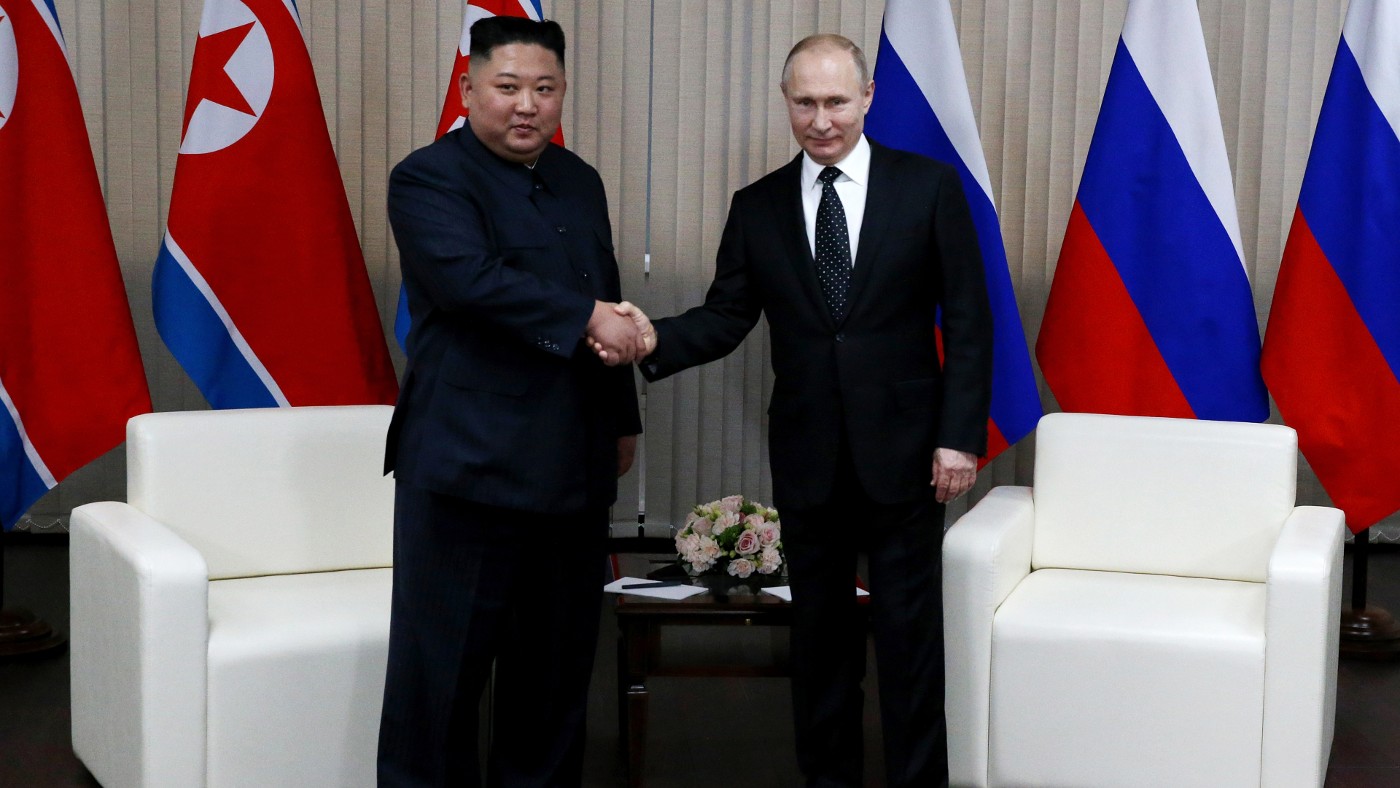 Would North Korean weapons tilt the war Russia’s way?
Would North Korean weapons tilt the war Russia’s way?Today's Big Question Putin wants to boost ‘depleted stocks’ but Pyongyang’s arms may be in poor condition
-
 Nobody seems surprised Wagner's Prigozhin died under suspicious circumstances
Nobody seems surprised Wagner's Prigozhin died under suspicious circumstancesSpeed Read
-
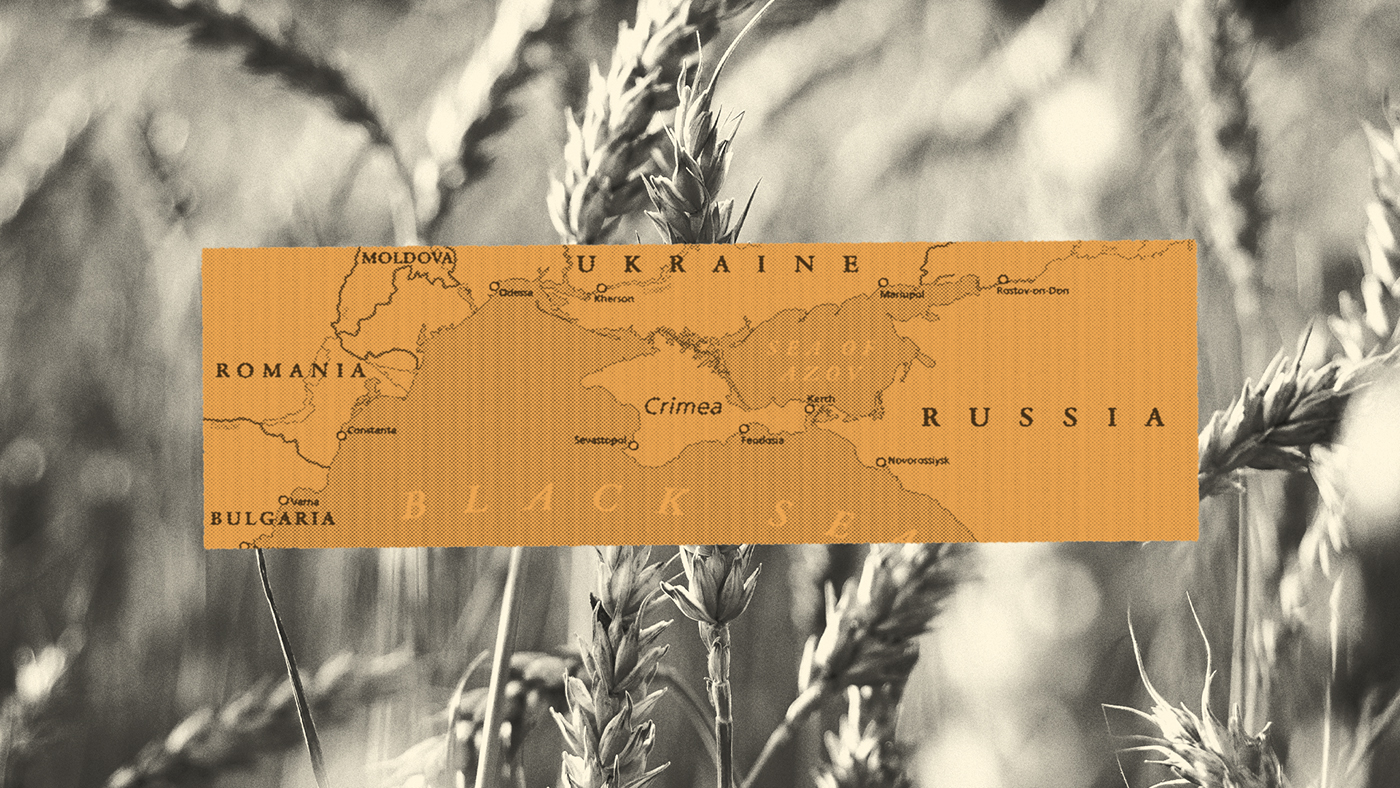 Can the Ukraine-Russia Black Sea grain deal be rescued?
Can the Ukraine-Russia Black Sea grain deal be rescued?Today's Big Question The Kremlin’s termination of agreement has sparked fears among food-insecure countries
-
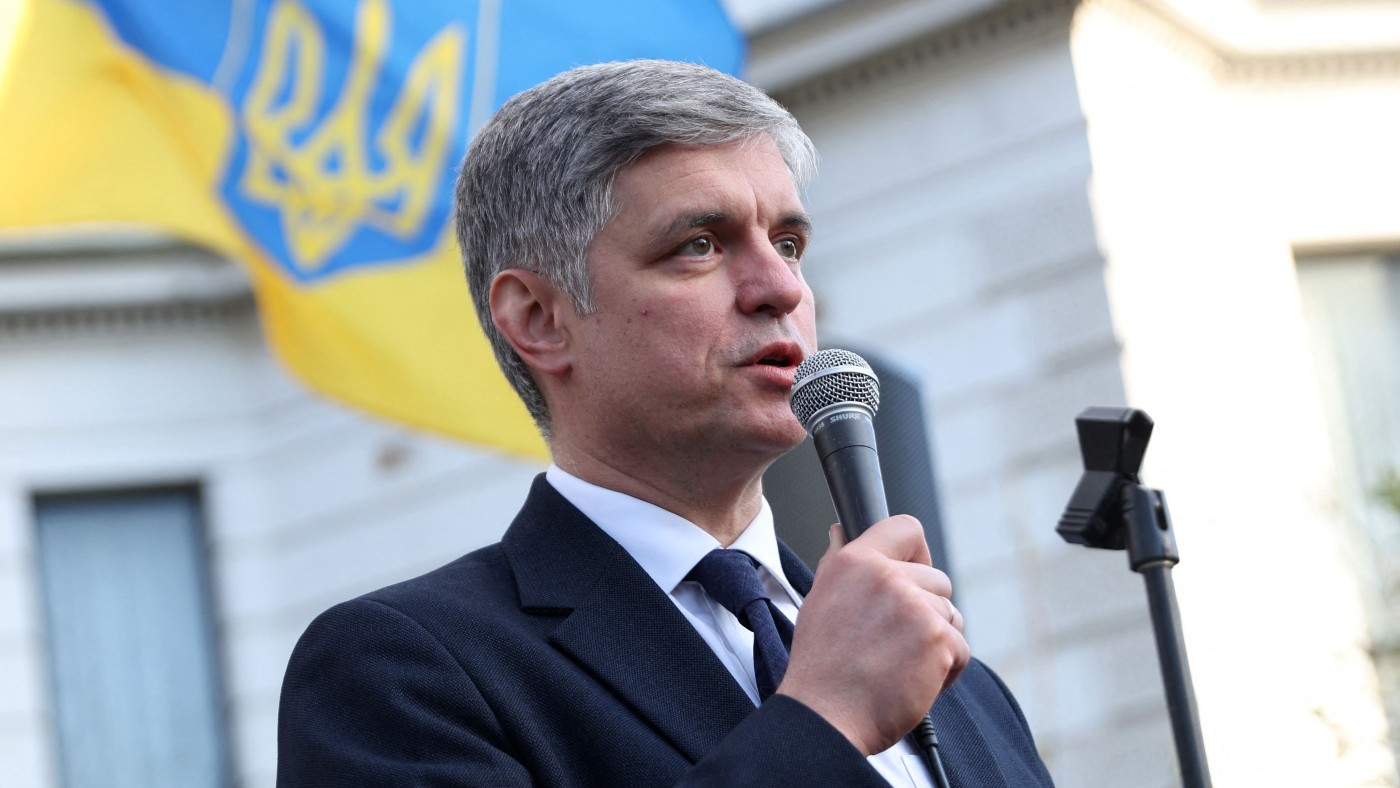 Zelenskyy sacks Ukraine ambassador to UK after sarcasm row
Zelenskyy sacks Ukraine ambassador to UK after sarcasm rowSpeed Read Vadym Prystaiko accused his boss of an ‘unhealthy sarcasm’ in response to British defence secretary Ben Wallace
-
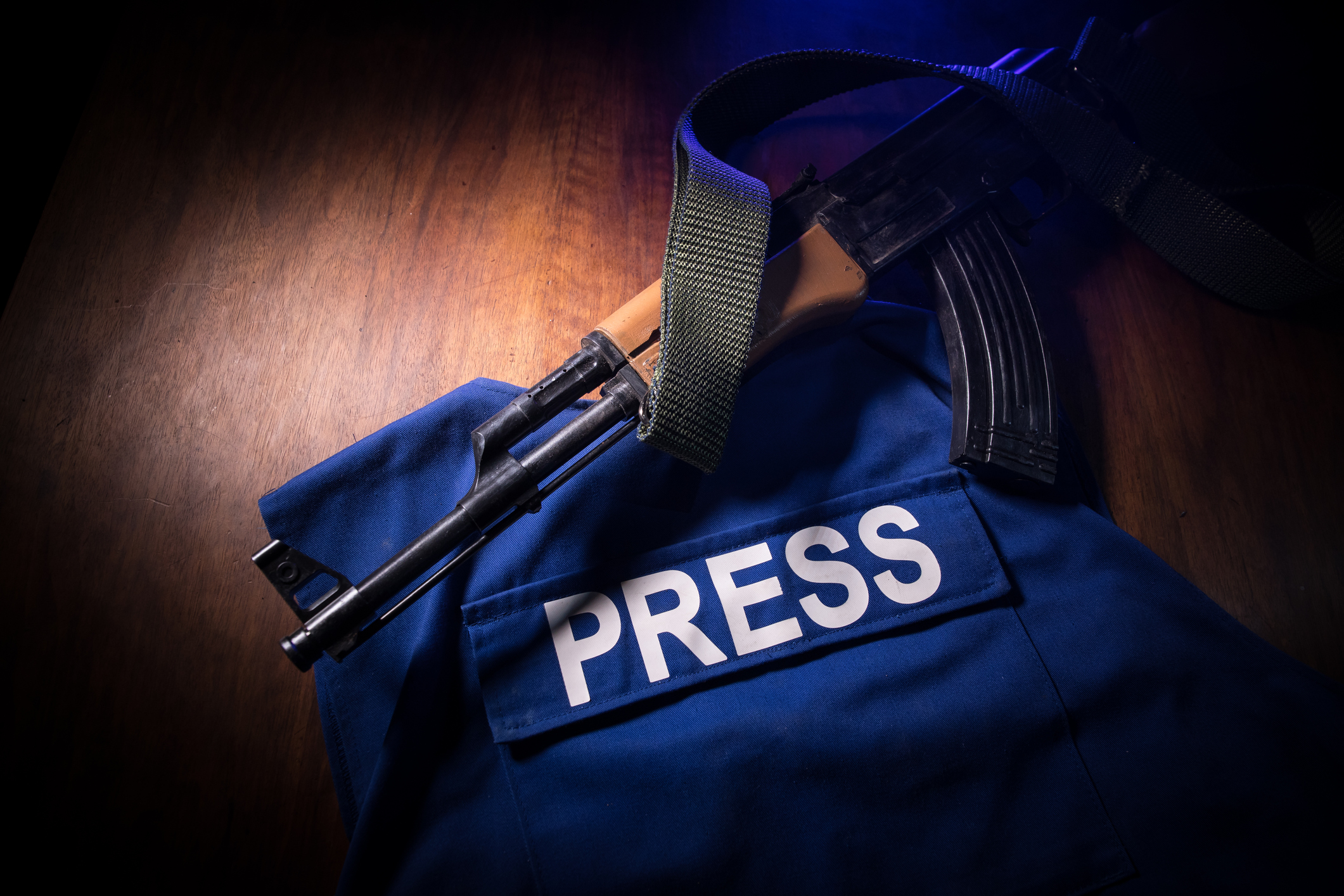 Why journalist deaths continue to rise around the world
Why journalist deaths continue to rise around the worldUnder the Radar Journalist deaths rose sharply in 2022 and don't appear to be slowing down this year
-
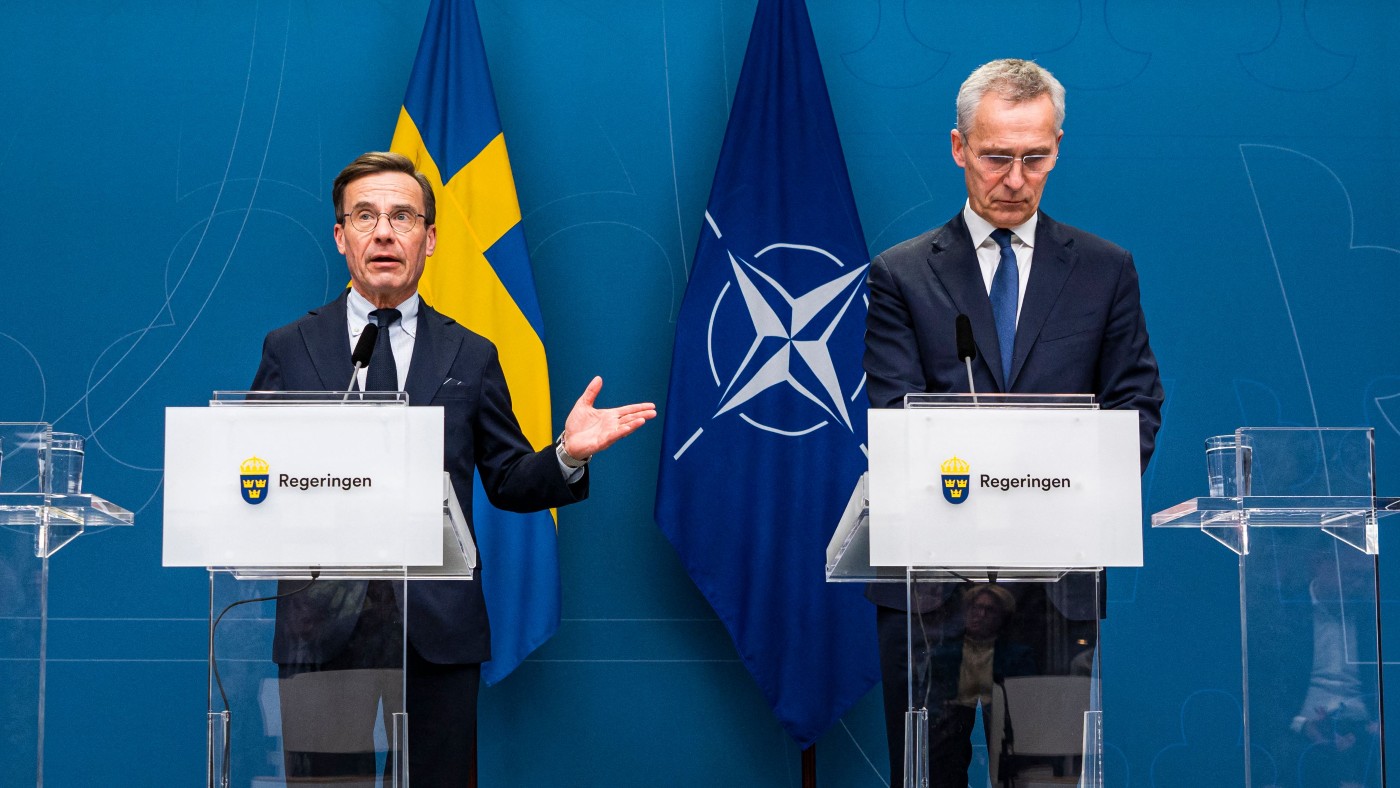 Non-aligned no longer: Sweden embraces Nato
Non-aligned no longer: Sweden embraces Natofeature While Swedes believe it will make them safer Turkey’s grip over the alliance worries some
-
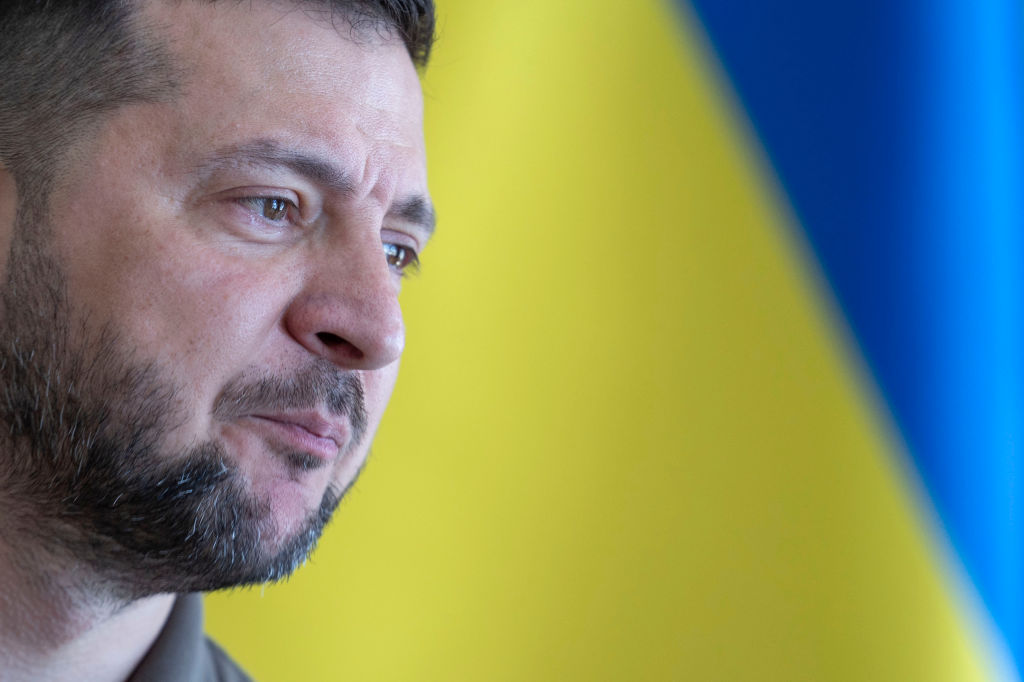 Should Ukraine be admitted to NATO?
Should Ukraine be admitted to NATO?Talking Point With this week's Vilnius summit, Ukraine's possible accession to the military alliance is more than a little top of mind